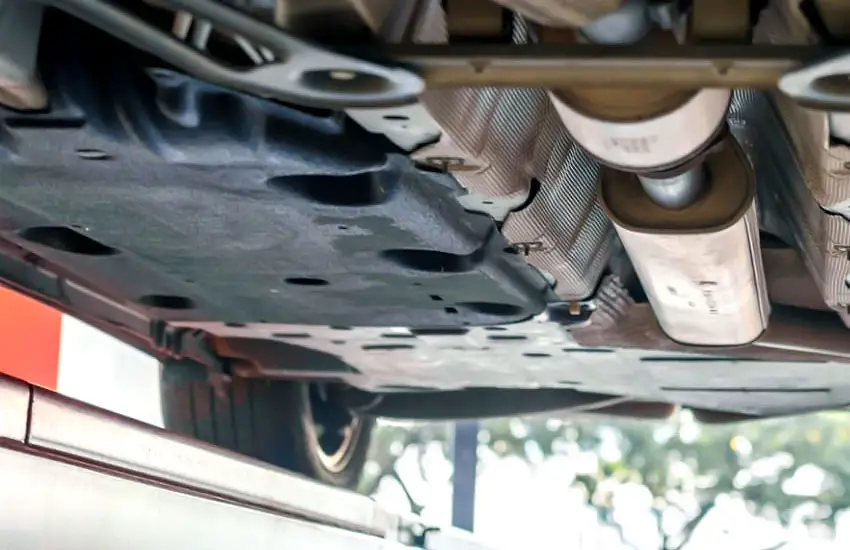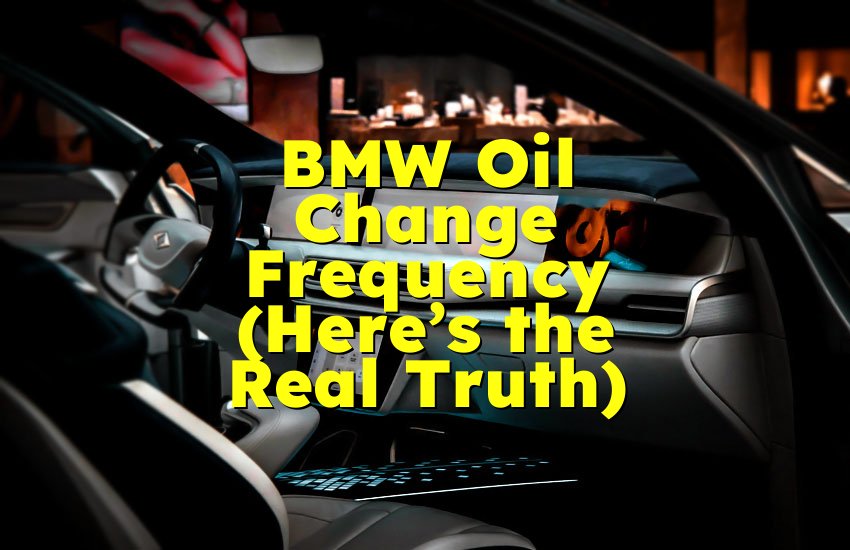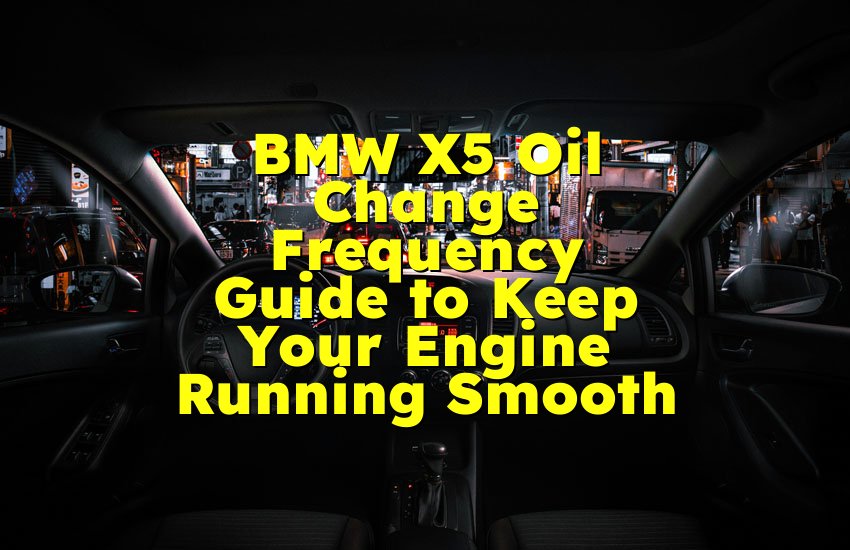As an Amazon Associate, I earn from qualifying purchases at no extra cost to you.
Does Powertrain Warranty Protect Your Transmission?
Yes, a powertrain warranty usually covers the transmission. The powertrain warranty generally protects the major components that make the car move, including the engine, transmission, and drivetrain. If you have any issues with your transmission during the warranty period, it should be repaired or replaced at no cost to you, as long as the problem is due to a defect in materials or workmanship and not due to wear and tear or improper maintenance.
In this blog post, we’ll explore what a powertrain warranty entails and confirm whether it safeguards your transmission, ensuring you’re well-informed about this crucial aspect of your vehicle’s coverage.
What is a Powertrain Warranty?
Before we can address the specifics of whether the powertrain warranty protects your transmission, it's important to understand what a powertrain warranty actually is. In simple terms, a powertrain warranty is a type of coverage that protects the essential components of your car that generate power and move it down the road. It typically covers the engine, transmission, drivetrain, and some other key parts that work together to make your vehicle move.
Most powertrain warranties are offered by the manufacturer when you buy a new car, and they typically last a significant period—often covering 5 to 10 years or up to 60,000 to 100,000 miles. However, each automaker might have different terms, and it's essential to read your warranty to understand its specific coverage.
The powertrain warranty can save you from huge repair costs, but it's important to know exactly what's included. For most vehicles, this warranty is more comprehensive than a basic bumper-to-bumper warranty, which usually has more exclusions and limited timeframes. Now, let's explore whether this warranty includes your transmission.

Does Powertrain Warranty Protect Your Transmission?
Yes, in most cases, the powertrain warranty does protect your transmission. The transmission is one of the core components of your powertrain system, and most powertrain warranties specifically include coverage for it. Whether you have an automatic, manual, or CVT (continuously variable transmission), the warranty will typically protect it if it fails due to a manufacturing defect or mechanical failure within the coverage period. However, there are some important factors to consider.
Transmission Protection under Powertrain Warranty
Powertrain warranties are designed to cover major components that keep your car running. The transmission is included because it's essential for the movement of the vehicle. Here's a closer look at the protection you can expect for your transmission under a powertrain warranty:
Coverage for Mechanical Failure: If the transmission has a mechanical failure due to a defect in materials or workmanship, the powertrain warranty will usually cover the cost of repairs or even a replacement. This means that if the transmission simply stops working because of an issue that falls under warranty, you're typically safe from paying out-of-pocket for expensive repairs.
Time and Mileage Limits: As mentioned earlier, most powertrain warranties last anywhere from 5 to 10 years or between 60,000 and 100,000 miles, depending on the manufacturer. This means that as long as your vehicle is still within the warranty period and the mileage limits, you should be protected. But once these limits are reached, you may no longer have coverage for your transmission.
Exclusions: While the powertrain warranty generally covers mechanical failure, it does not cover damage caused by external factors, neglect, or improper maintenance. For instance, if your transmission fails due to a lack of fluid or poor maintenance, it may not be covered by the warranty.
Repairs and Replacements: If your transmission breaks down, the warranty may cover repair costs or even a replacement. In some cases, the manufacturer may choose to replace the entire transmission if repairing it is too costly or impractical.
It's important to always check your warranty's specific terms and conditions because, in rare cases, certain warranties may have unique clauses that exclude transmission coverage or have specific limitations.
What's Not Covered by Powertrain Warranty?
While powertrain warranties are quite comprehensive, it's still important to understand what's not covered. Here's a list of things that are often excluded from powertrain warranties:
Regular Maintenance and Wear-and-Tear
One of the main exclusions is regular maintenance. Powertrain warranties typically do not cover routine services like oil changes, fluid checks, or tire rotations. You are expected to take care of these maintenance needs yourself to keep the vehicle in good condition. If your transmission fails because you missed these regular maintenance checks, the warranty might not cover it.
Additionally, wear-and-tear items are usually not covered. Parts like clutch components in manual transmissions or seals and gaskets in certain automatic transmissions, which can wear out over time, may not be included. These parts naturally degrade as the vehicle ages, and warranties generally don’t extend to these issues.
Damage from Accidents or External Factors
If your transmission is damaged due to an accident, or any kind of external force (like hitting debris or severe weather conditions), it won't be covered by the warranty. For example, if you run over a large object that damages the transmission, you would need to rely on insurance coverage rather than the warranty.
Abuse or Misuse of the Vehicle
Another common exclusion is damage caused by misuse. If you use your vehicle in a way that it wasn't designed for, such as towing beyond the recommended capacity, or engaging in aggressive driving, the powertrain warranty likely won't cover the damage caused to your transmission. Even more specific actions, such as driving through deep water or neglecting the vehicle's basic care, could void the warranty.
Transmission Modifications
If you modify your transmission in any way, the warranty could be voided. For example, if you install aftermarket parts or make modifications to your transmission, the manufacturer may not be responsible for covering any future issues that arise. It's important to keep the vehicle as close to its original specifications as possible to avoid this risk.
What Happens If the Transmission Isn't Covered?
If your transmission fails and it's not covered by the warranty—whether because of wear-and-tear, misuse, or an expired coverage period—you'll be responsible for the repair costs. Transmission repairs can be extremely expensive, often ranging from $1,000 to $6,000 or more, depending on the make and model of the car.
However, there are a few options for drivers in this situation:
- Extended Warranties: You might be able to purchase an extended warranty, which can add more coverage to your transmission. Extended warranties, also known as service contracts, can offer protection once your factory powertrain warranty expires.
- Insurance: Some car insurance policies offer coverage for mechanical breakdowns. If you have this type of coverage, your transmission repairs might be covered, but you would need to confirm the details with your insurance provider.
When Should You Get a Powertrain Warranty?
For new cars, a powertrain warranty is often included as part of the package, but if you're buying a used vehicle, the terms can vary. Here's when you should consider getting a powertrain warranty:
Purchasing a New Car
If you're buying a new car, you will likely receive a powertrain warranty. This is the ideal time to have it, as it protects the critical components of your car, including the transmission, during the early years of ownership when mechanical issues might occur due to manufacturing defects.
Purchasing a Used Car
For a used car, the warranty might still be in effect if the car is relatively new. However, if the car is older or has already gone through a significant portion of its warranty period, you may want to explore purchasing an extended powertrain warranty. This can offer you added peace of mind, especially for the transmission, which is one of the most costly parts to repair.
Extended Warranties
If your original powertrain warranty has expired, and you want extra protection, extended warranties are available. These plans can cover the same components as your original warranty, including the transmission, and may be worth considering, especially if you plan to keep your car for many years.
I hope this article has clarified whether a powertrain warranty protects your transmission and has helped you understand the ins and outs of powertrain coverage. With this information, you can make an informed decision about your vehicle's protection and ensure you don't face unexpected repair costs in the future.
Are These Questions in Your Mind?
Is it true that a powertrain warranty only covers parts made by the original manufacturer?
Yes, most powertrain warranties cover only parts that are original to the manufacturer. If aftermarket parts or modifications are made to the transmission, these might not be covered.
Can I extend my powertrain warranty after it expires?
Yes, many car manufacturers and third-party companies offer extended warranties that can extend your powertrain coverage, including for your transmission.
Do I need to maintain my transmission for it to be covered by the warranty?
Yes, it is important to perform regular maintenance, such as fluid checks and changes, to keep the transmission in good working condition. Neglecting maintenance can void the warranty.
Is it possible for a transmission to fail under warranty but not be covered?
Yes, transmission failure due to factors like improper maintenance, accidents, or misuse might not be covered by the warranty.
Can I get a rental car while my transmission is being repaired under the warranty?
It depends on the terms of your warranty. Some manufacturers offer rental car reimbursement as part of their service, but you should check your warranty's details to confirm.
Do I have to use the dealership for repairs under my powertrain warranty?
In most cases, yes. Many warranties require that repairs be done at an authorized dealership or repair shop to ensure











